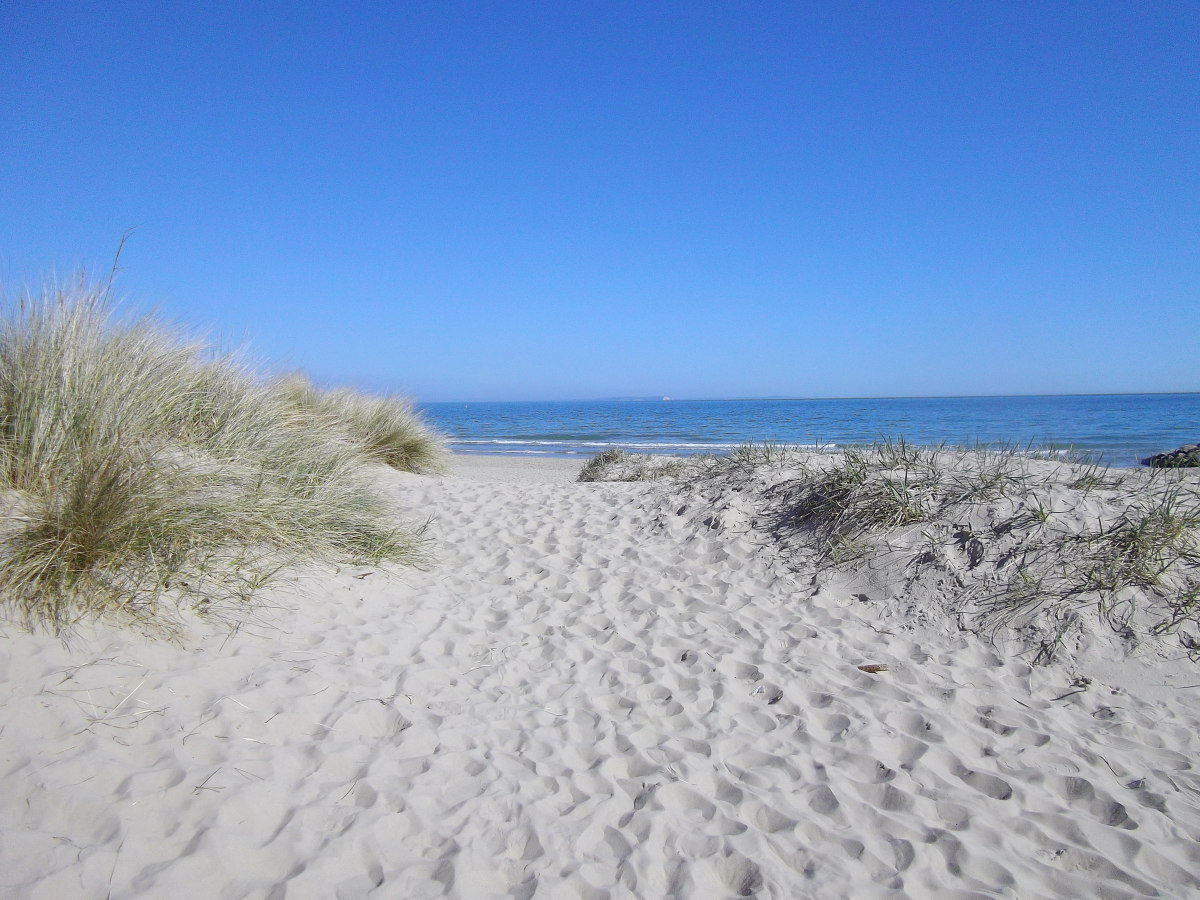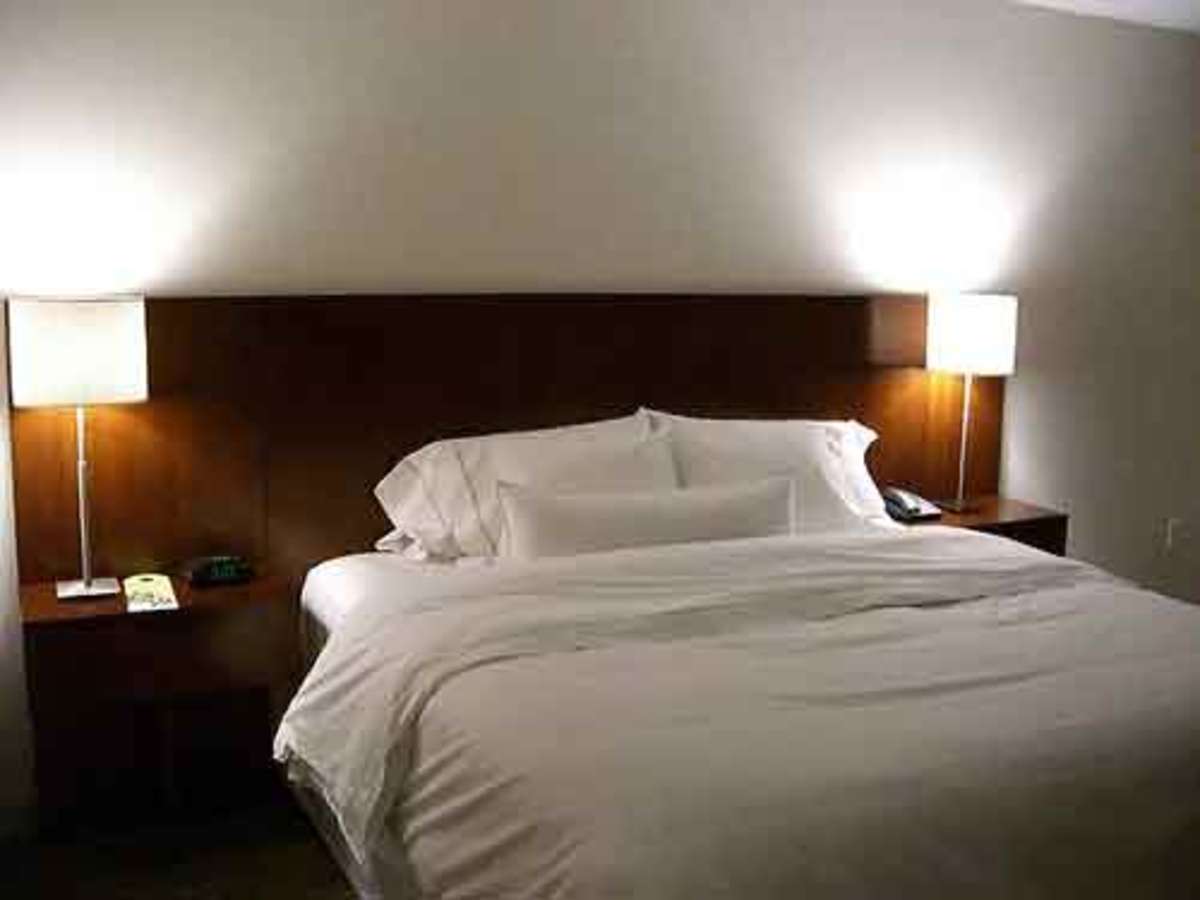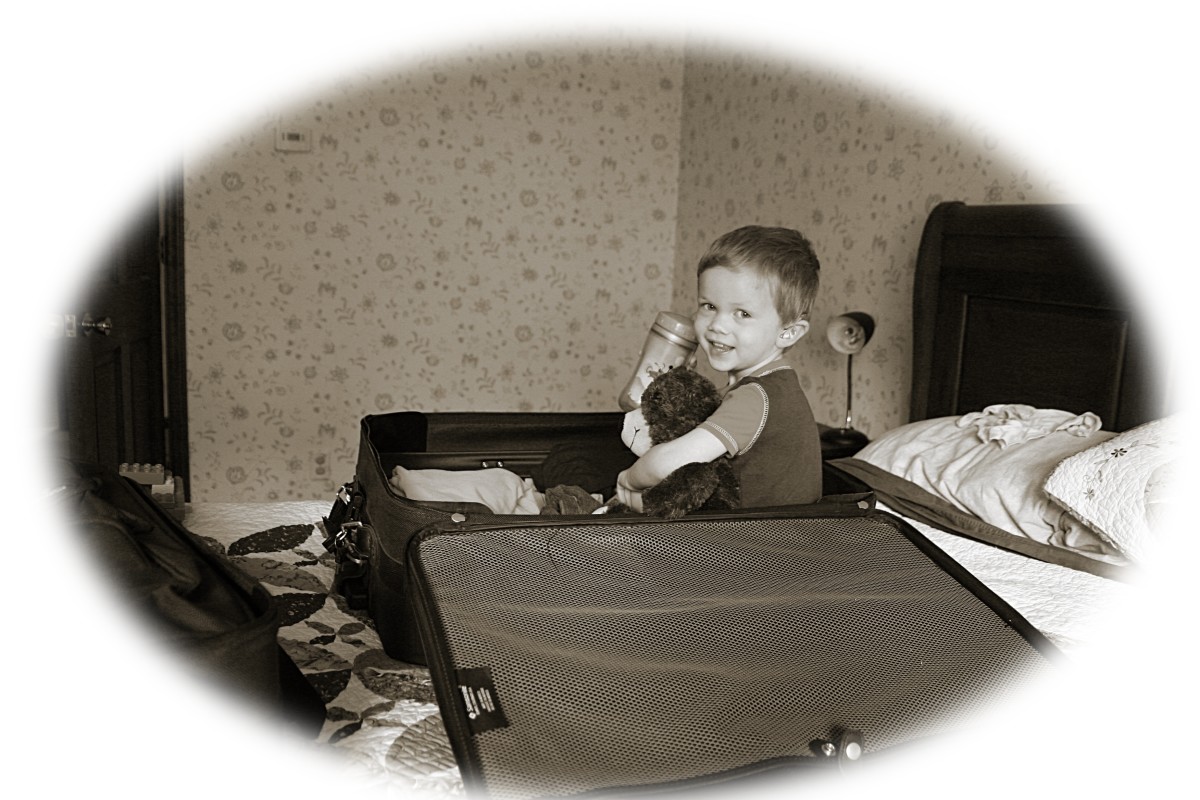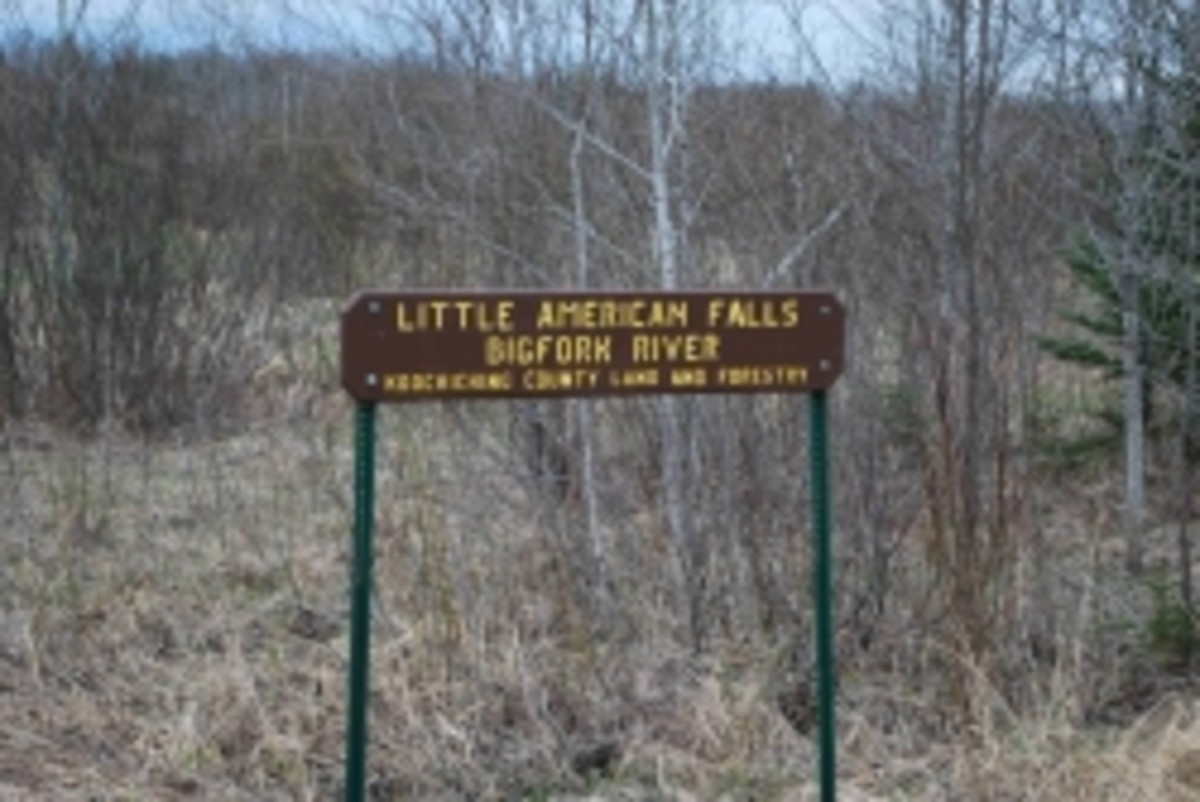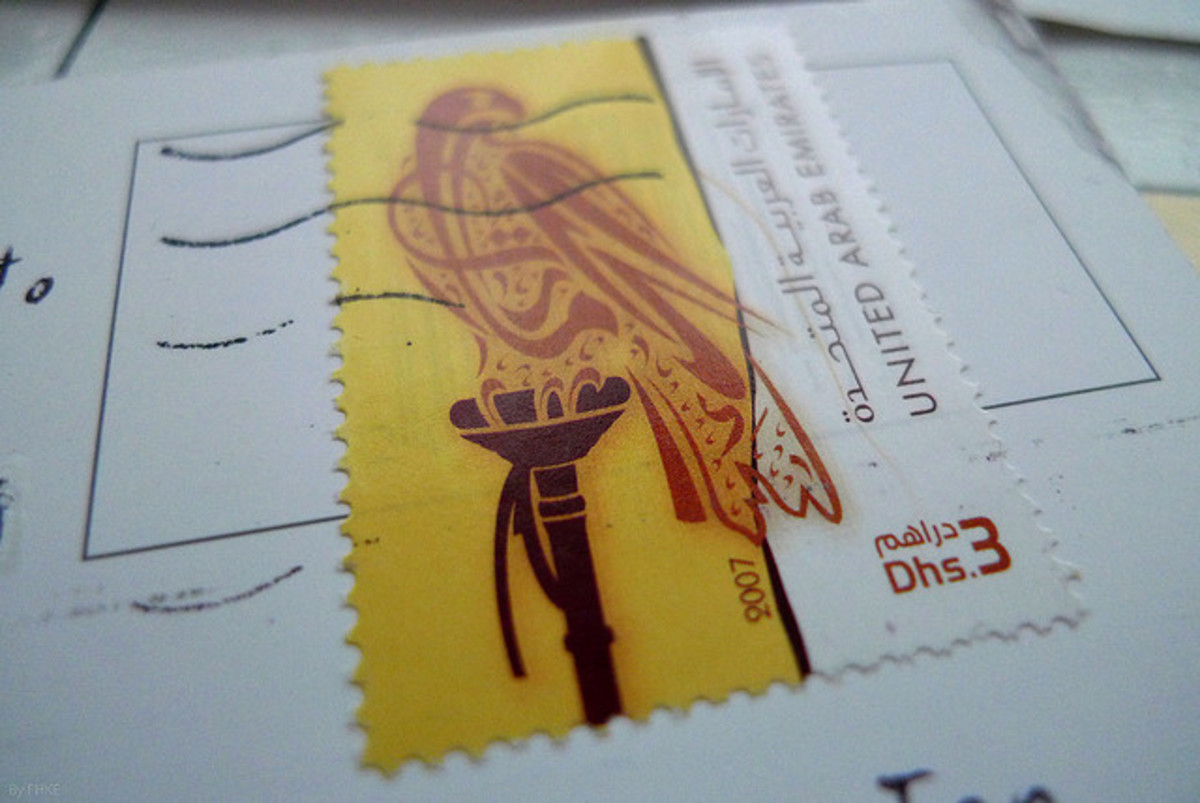Traveling tips, tricks, advice and what not to do.
Travel Tips
Traveling tips, tricks, advice and what not to do
As you can see from a lot of my hubs, I travel quite a bit. Possibly I can share some of my experiences with you.
Planning the trip
- The first rule of any vacation is planning. You need to start off with a few simple lists:
- Where are you going? Make a list of your destinations.
- How long do you intend to be away? State the number of days
- What mode of transport do you plan on using
- How long will the traveling take? Add this to your total holiday days above
- Where do you intend staying e.g. hotel, camping ground etc.
- What do you intend spending per day? Break this down into overnight costs, meals, sundries (don’t forget tips) transport at your destination. Scenic trips etc.
Research
Now that you have basic plan you can do some research. Using Google, or some other search engine get information about your destination. Find out about hotels, guest houses and alternative accommodation. Lastminute.com is a good site for hotels. Go to the airline websites if you are flying and compare prices. Ensure the dates and times of travel match your planned itinerary. Ensure that you allow adequate transfer time if you are changing planes. It is a good idea to stay with one airline (and it’s affiliate operations) for the duration of your trip. This makes luggage transfers much easier. You can simply book luggage to your final destination
Be aware of weight restrictions and the restrictions on gels, liquids and aerosols that may be taken on board with your hand luggage. Don’t put jewelry, watches, electronic goods (cell phones) or laptops into your luggage. Carry these on board.
Now book your flights and accommodation on the web. Tip find the hotels on the websites and contact them directly and compare their walk in prices against the web specials, you may get some surprises.
Visa and travel documents.
If you are raveling abroad, make sure that you know the visa and health certificate (inoculation) requirements. Log on to the countyweb sites and get visa requirements and download visa application forms. These are great timesavers.
Ensure your passport is valid for at least two months after the trip. Make sure you have at least two or three empty pages in your passports. Some countries may deny you entry even if you have a valid visa and the space requirement is not met. Ensure you have adequate health, travel and disaster insurance. You never know what can happen.
Cell Phones
Ensure that your service provider has service in the countries where you will be traveling. Find out the best deals on roaming rates or buy a pay as you go (prepaid) card) in the countries in which you travel. Divert your phone to messaging so that you do not pay for received calls and leave a message asking your callers to text you (much cheaper) and you can reply on your prepaid card. or by texting , if you wish to.
Travelling in Europe
If you plan on visiting a number of countries in Europe, the most economical and comfortable way to do this is by buying a Eurail pass. This is valid for a period, or a number of trips anywhere in the European Union, Switzerland and Ireland. It is not valid in England. It also covers some boat trips up the Rhine and is excellent value for money.
Eating in Europe
Bear in mind you pay extra for outside seating, tablecloths and bread. It is cheaper to eat and drink standing up at the counter. If you want a decent size cup of coffee ask for American coffee. Read the menus and pricing outside the restaurant to ensure that you can afford it. Pay particular attention to service charges (included or not included). If you want a fair priced meal and coffee go to a Macdonald’s or a Burger King. I know, I know you would prefer to eat and drink in a chintzy little café but do what you can afford.
Walk in hotels are often cheaper than the internet. The local information bureau generally gives you good priced hotels and guest houses. The IBIS group is well priced. Airports at weekends tend to have specials. Business areas on week ends have specials. Cafes and bistros near railway stations have the best priced food. Go to a supermarket for rolls, cheeses and wines for a snack.
Transport
Public transport is great , busses, underground and railway are the best and cheapest means of transport. Buy day passes or return fares. Buy from the automatic ticket dispenser. It accepts credit cards and has a British flag to enable you to transact in English. Use your credit card (you can use local currency, if you have. Keep very little cash and don’t offer to ay in dollars. You will generally pay too much. Have a calculator handy for currency conversions. Use on line booking and pre-boarding over the internet for flights. This works well in most of Europe. Airport busses to the downtown area are often best. If there are 2 or more of you with lots of luggage a taxi may be worthwhile considering.
When using a taxi’ ask the three important questions:
· Do you speak English? (it is difficult to argue about fares if you don’t have the language!)
· Do you know where this is (preferably a printout or a business card (of the hotel, restaurant or whatever?
· How much? (before you get in) remember they may charge more for luggage.
Foreign currency
Most countries have ATM’s draw as much cash as you need and don’t keep lots of cash on you. You tend to spend easier without keeping track of how much it is really costing you.
That’s about it then. But despite careful planning the fun is till in the trip,
Oh by the way buy a copy of Lonely Planet or Lets Go! These are invaluable sources of information and are generally very reliable!
See Venice, the rest of Europe (by train) and Cruising holidays for more info and what can go wrong.
Another Great Hubmob by Sixtyorso





